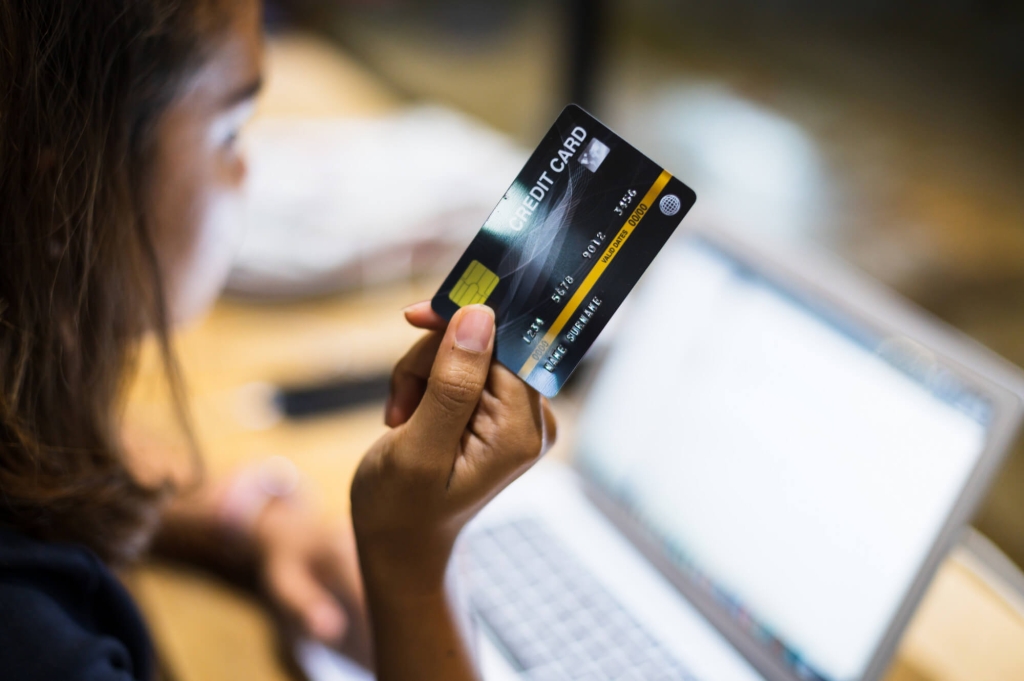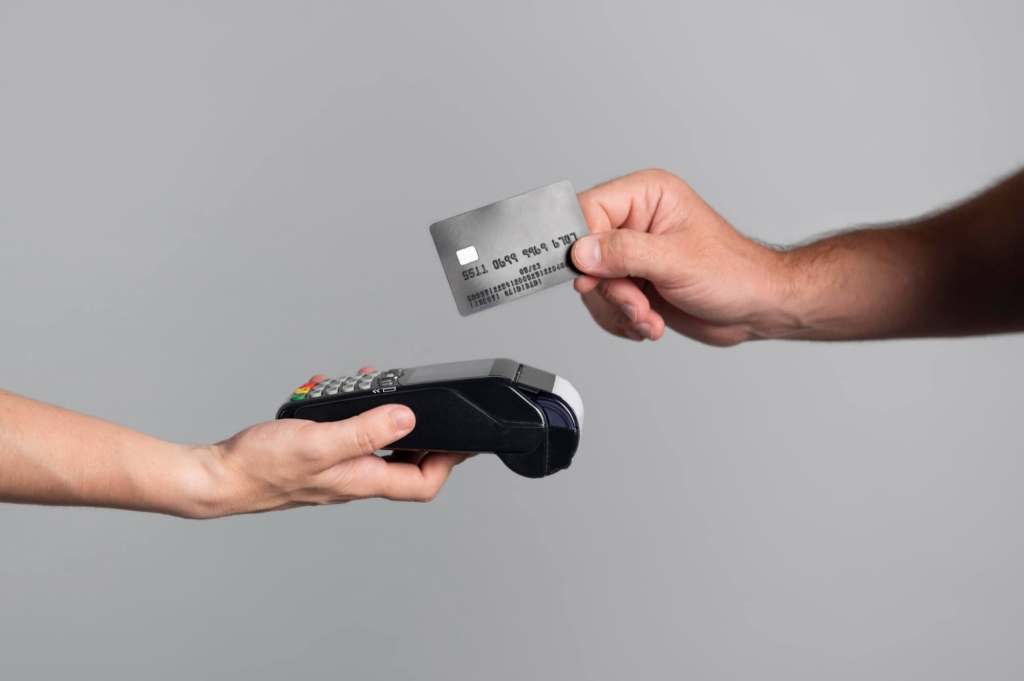
Want to know what happens if you don't pay your credit card? Here's why not.
Many advantages are offered by the credit card, whether it's the advantage of being able to buy something in installments or a higher value good. The credit card provides a supplement to income for salaried Brazilians.
However, many Brazilians don't plan as well as they should or unforeseen financial circumstances arise and often at the end of the month they are surprised by their credit card bill, so they are often unable to pay off their credit card.
So you may be wondering, what happens if I don't pay my credit card?

As soon as you fall behind on your credit card bill, the first thing that happens is that the financial institution starts charging you to pay off your debt.
Charges made by your card company can be made via cell phone calls, landlines, e-mails or even text messages (SMS).
The best tip we can give you in the case of phone calls is to answer them, as many times when the institution calls you, it may be to offer an interesting proposal to help settle your debt.
However, if you and the institution do not reach an agreement and your bill remains unpaid, your name will be taken to credit protection agencies such as SPC and Serasa. Your name will then be blacklisted.
Financial institutions can include your CPF on the list of defaulters whenever you have outstanding debts. Your name can remain on the list of defaulters until you pay the debt or your debt lapses, i.e. it remains on the list after 5 years.
After this period, your name will be removed from the credit protection agencies.
Some credit card companies may not report bills that are only a few days overdue. But you may still be charged a late payment fee. And once 30 days have passed, late payments can be reported to credit protection agencies.
Depending on your issuer and the terms of your account, the lender may apply an annual fee penalty to your account if 60 days have passed without payment.
In general, card issuers report late payments every 30 days. Late payments are just one of several factors that affect credit scores. But generally, the later the payment, the worse it can be for your credit score.
When it comes to what happens if you don't pay your credit card, a credit card account that is 180 days overdue, the credit card company must debit the account. This means that the account is permanently closed and written off as a loss. But you will still be liable for any debt you have.
There are a variety of ways in which your creditor can try to collect the debt. Some of these include using the creditor's collection department or a third-party debt collector.
But keep in mind that your name can remain on the SPC for five years. And that can affect your credit score, and how lenders view your applications for other loans or credit cards in the future.
Some card issuers may be willing to work with you if you're having trouble making payments. But it's important to contact your credit card issuer as soon as possible to let them know what's going on.

Now that you know what happens if you don't pay the credit cardTo help you get back on track, here are a few things you can do if you think you're going to miss a payment:
It may not be easy, but if you manage to reduce some monthly expenses, you could free up money that can be used to pay at least the minimum amount due.
Always try to pay in full if you can. If you can do this by the due date, you can avoid paying interest. But if you can't pay in full, pay as much of the balance as you can. And whenever possible, pay at least the minimum amount by the due date.
If you're having trouble remembering payment dates, try automatic payments.
When you set them up, the credit card issuer takes money from your bank account to pay off your credit card. Just make sure you have enough money in your bank account to cover the payments.
And if you prefer to manage payments yourself, consider setting up calendar reminders on your phone.
Card issuers can also have optional e-mail alerts to remind customers that a payment is due.
If it seems like all your bills are due on the same day every month, or if your payday doesn't come at the best time to cover all your expenses, you can change your credit card payment due date.
To try this, contact your credit card company as soon as possible. Depending on your situation, the credit card company may be able to work with you and change the payment due date.
The adjustment may not start immediately, but it can offer extra flexibility in the long term.